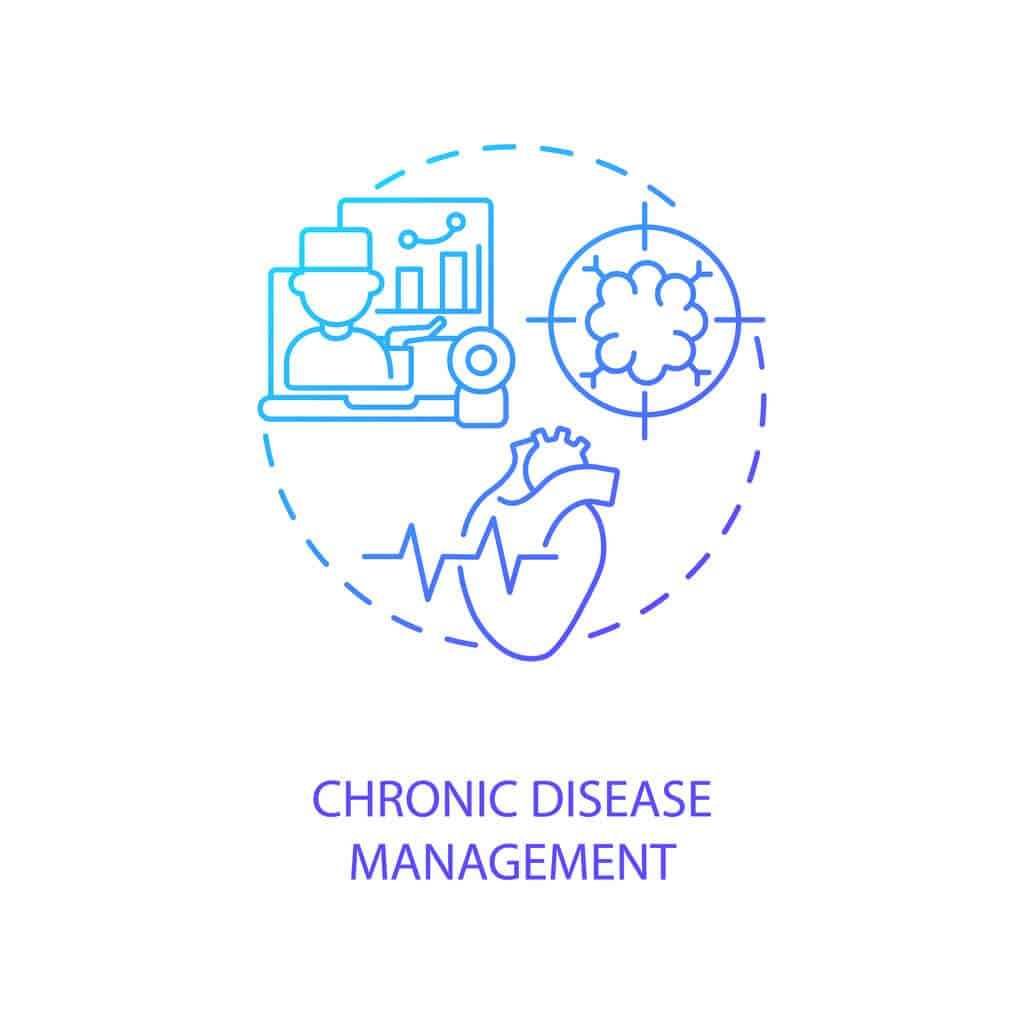Online medicine has rapidly gained prominence within modern healthcare in recent years. The rise of telemedicine and digital health services, such as the COVID-19 virus, has revolutionized people’s access to medical advice, managing chronic diseases, and accessing care.
Technological developments and the global COVID-19 outbreak accelerated this transformation while emphasizing its value and necessity.
This article looks into some benefits associated with Internet medicine today, ranging from greater user-friendliness and accessibility to improved patient outcomes and more cost-effective healthcare delivery systems.
Improved Access To Healthcare

By providing people with medical specialists in their own homes through Telemedicine systems, online medicine offers greater accessibility despite geographical location barriers to high-quality treatment options. For instance of such a service, check out zip health reviews!
Convenience and Flexibility.
No one can overstate the convenience and flexibility of online medication. Many individuals find it challenging to find time for regular medical checkups due to busy job schedules, family responsibilities, and other commitments; patients using virtual consultations with online medicine can arrange virtual consultations during nights and weekends or other convenient times that work best for them, making prioritizing health easier with this flexibility; no daycare needs or time off work are needed!
Increased Chronic Disease Management

Timely Medical Advice and Early Intervention
Internet medicine provides patients with quick medical advice when needed, such as minor injuries, medication management, or acute symptoms. Patients can quickly reach medical experts to receive advice regarding minor injuries, medication management, or acute symptoms; this allows for early detection and treatment as well as stopping diseases’ spread – for instance, a patient showing early signs of urinary tract infection can get their prescription quickly without the need for an in-person visit reducing time, effort and risk factors associated with in-person consultation visits.
Mental Health Support
Over the past several years, public awareness of the value of mental health support has steadily grown, and online medicine has achieved notable breakthroughs.
People can obtain discreet yet convenient mental health treatment via internet counseling services and teletherapy – especially beneficial to people who feel uncomfortable or stigmatized going to therapy in person.
Online platforms also offer support groups, group sessions, and individual therapies, making mental health assistance easily available to anyone who requires it.
Reduced Healthcare Costs

Online medication may also help decrease hospital admissions or emergency department visits, saving the healthcare system money through early intervention and better managing chronic diseases.
Increase Patient Engagement and Education
Online medicine promotes patient education and engagement. Digital health platforms provide users access to vast libraries of knowledge regarding different medical disorders, treatments available, and preventative care – providing patients with more knowledge to make more informed choices regarding their healthcare and choose what care is proper for them.
In addition, prolonged interactions can occur via telemedicine consultations, which fosters team-based approaches. Enhanced participation may result in greater treatment program adherence and health outcomes.
Consistency is Key
The COVID-19 pandemic sharply focused on the importance of online medicine in maintaining continuity during emergencies. Telemedicine became a vital resource when in-person encounters presented an infection risk, and traditional healthcare systems were overwhelmed.
It helped reduce viral exposure while providing essential medical care. This experience reinforced the necessity of a robust digital health infrastructure that can continue delivering treatment even in an event such as a natural catastrophe or public health emergency.
Global Reach and Expert Access
Online medicine transcends geographic boundaries, giving patients access to global medical professionals and knowledge. Patients seeking second opinions for rare illnesses will find this invaluable.
Telemedicine systems make care accessible worldwide by facilitating virtual consultations with recognized physicians, providing top-quality care no matter where you are located while at the same time improving quality care delivery.
Environmental Benefits

Online medical adoption fits in perfectly with initiatives designed to minimize society’s environmental footprint as society becomes more aware of environmental concerns.
Conclusion
Internet medicine’s impact on healthcare cannot be overstated. It aids chronic disease management more effectively while offering timely medical advice that makes care more accessible and convenient for patients and improves mental health services. Online medicine also saves money on medical bills while improving patient involvement, guaranteeing continuity of care in case of emergencies, providing access to specialists worldwide, and being better for the environment – all of which are invaluable benefits.

